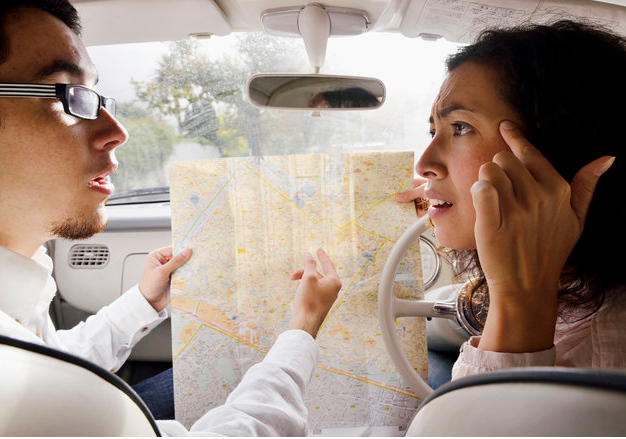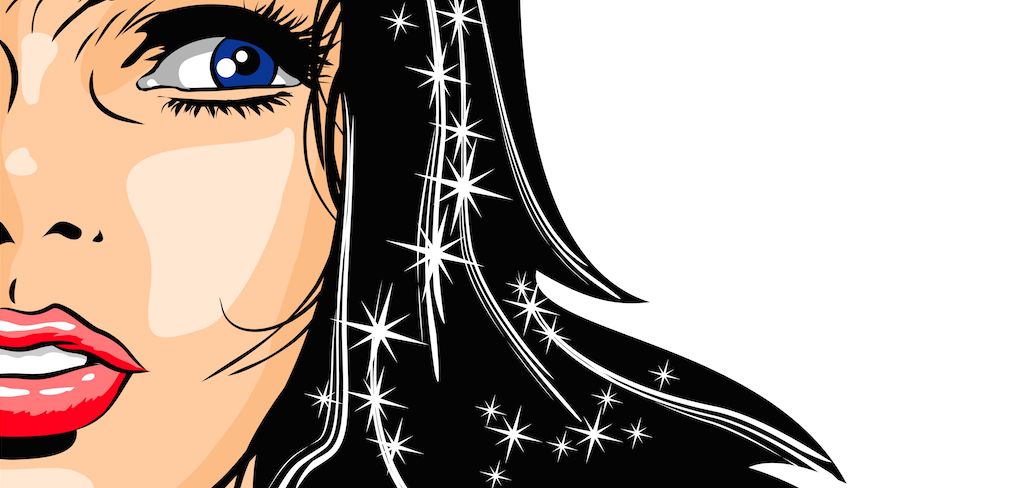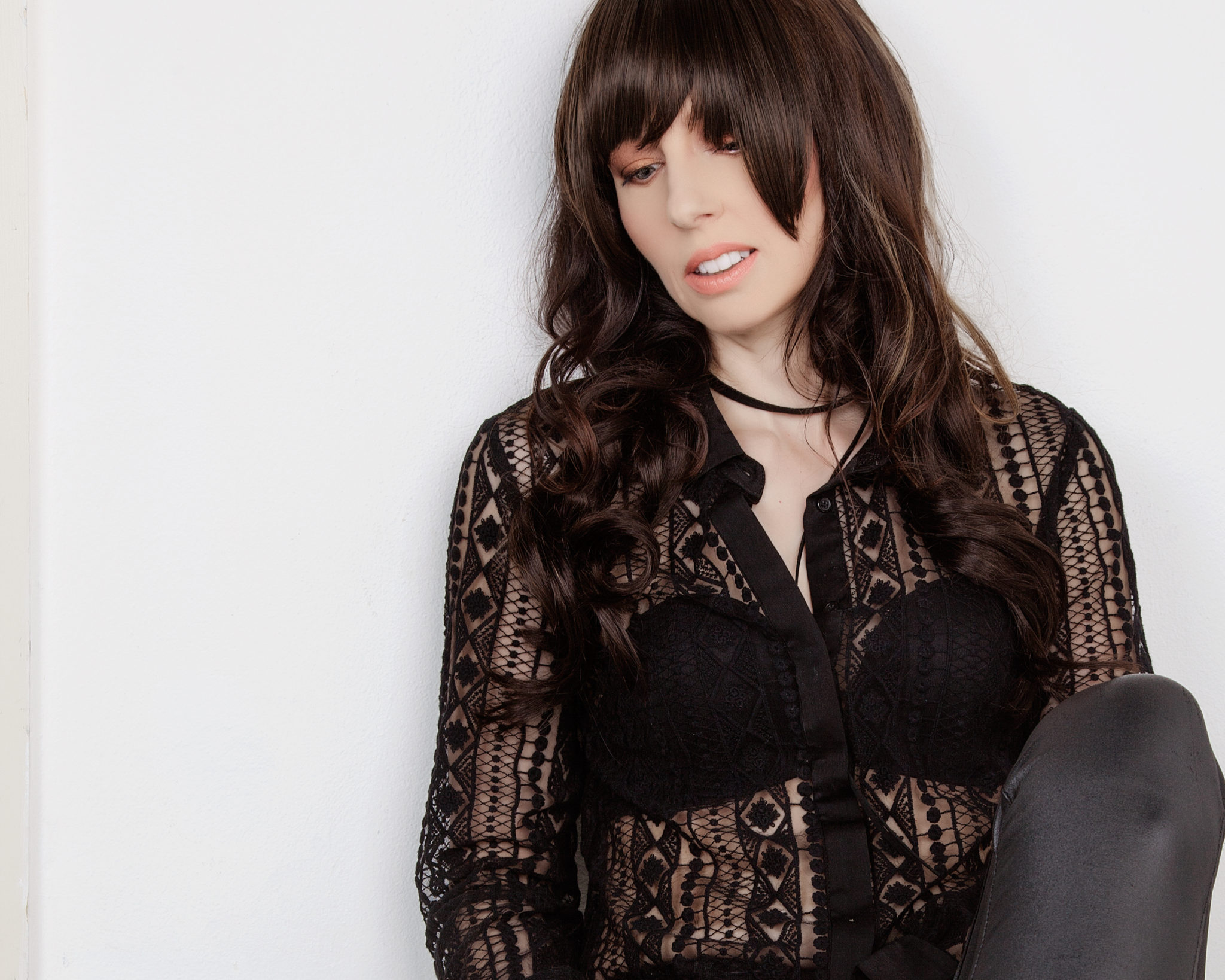Emotional fitness is vital in facing the mental health challenges exacerbated by the pandemic. But what exactly is meant by emotional fitness and how do you build it?
Emotional fitness is an analogous concept to physical fitness, but applied to our thinking and emotions, specifically how we manage them to support our mental health, resilience, relationships and greater happiness. Emotional health and fitness grow from building your awareness of your inner life and how your thoughts and feelings impact your outer world. You need self-awareness to be attuned to any unhelpful patterns or mindsets so you can decide to change them if they’re not serving your greater good.
Metaphorically, you can build mental and emotional ‘muscle’ to help carry you through struggles, losses, and disappointments, as well as good days. Emotional fitness generates greater self-trust and a foundation of confidence that you can get to the other side of whatever happens, because you know how to be your own heroine, or hero, and save yourself from whatever the world throws at you. That doesn’t mean being some kind of super-human who never feels beaten – it means knowing that stuff happens and trusting yourself to be able to consistently pull on your inner and outer resources to get you through. That trust in yourself comes from consciously developing those resources – you’ve trained your emotional resilience, self-compassion, self-understanding, self-talk, and developed inner awareness of how to support yourself, so you know you can draw on it, and how.
So, how do you build emotional fitness?
There are as many nuanced answers to that as there are humans, because so much depends upon your particular strengths, and what you love and value. In the biggest picture, it’s about setting your life up to truly support you and your values and to connect authentically with who and what you love most. We are at our most emotionally fit and healthy when we’re living our highest values, whatever they may be. That means what we love, who and what we feel most connected to in this world, will always help us feel stronger and make life feel deeply on purpose.
Love will answer the Why of life, almost every time, but please, no – I’m not talking about romance and sex – they’re only a subset of relationship love. Love is so much bigger than those. There are broadly 3 kinds of love to guide our focus in developing emotional fitness and living a life that feels on track, healthy and satisfying.
Relationships
For most of us, what matters most will have something to do with our relationships – be they with family members, partners, children, friends, animals, what we see as the sacred, our sense of country or home – maybe all of the above. And the evidence for the importance of supportive, valued relationships for mental and physical health is overwhelming. The longest study of human happiness, undertaken through Harvard University over 70 years, found that, above all other factors including wealth and genetics – supportive relationships contributed most to lifelong happiness and overall health.
Despite loving relationships being at the pinnacle of human values, we tend not to be taught how to create and maintain healthy relationships, which can lead to great pain, repetitive trauma and ill health as relationships fall apart. Family role models don’t always teach us how to disagree compassionately, or show us how to communicate in ways that nurture connection. So, a key part of emotional health and fitness is to work on specific relationship and communication skills that help build and maintain close, healthy bonds. After all, those relationships – be they with family, friends or more – are keys to maximising the potential for a longer, happier, healthier life.
Self-compassion and Care
Of course, there’s another key relationship that influences how available we are for connection in our relationships with others. It’s difficult to have the inner space to listen deeply, to be less reactive and more forgiving in relationships, if you can’t get free of chaos, criticism, anxiety and other overwhelming emotions in your own head. There are many skills I teach people in therapy to help them experience and express feelings rather than being ruled by them, and for managing unhelpful ways of thinking. You can completely change your inner dialogue if you wish to, if it isn’t serving you. Your entire outer world and relationships will shift for the better when your inner dialogue is compassionate and in tune with your values. You feel unified and on your own side, your own friend, when your inner voice supports you instead of chiding you.
Developing clarity and wisdom about your inner dialogue means you know yourself truly, therefore you know how to help yourself, even save yourself. You know how to pick yourself up like your own good friend – your own heroine or hero, redirecting your inner dialogue towards your areas of competence, joy and flow when you need to regain your equilibrium or push on through struggles.
Flow
Thirdly, there are personal passions – the things you love to do. What is life like for you when you’re alone? How do you give yourself joy and vibrancy in your life when you can’t be in a social situation? What things spark your excitement and call you to engage deeply and lose yourself in doing them? What are your places of bliss and communion in this unique and precious life? If you don’t know – why not start exploring new things to find out? If not now, when will you look for all that lights you up and excites your soul? Now is as good a time as any, to begin.
Look for what gives you the sense that your abilities and interests seem to be matching up with joy and pleasure. Be alert for when time is disappearing because you are so into what you are doing that you’re in flow. The thing is probably challenging you, but you love the challenge. You feel good at it, but you want to be even better at it. It motivates you to come back and do more. It feels like something that is intensely yours and you feel more alive in the experience of doing it.
Rarely will you feel lonely when you’ve discovered your places of flow because you’ll likely gravitate towards them whenever you have time and space to do so and they will give you a sense of connection. If you are fortunate enough to find joy and flow in your work, even better. Work will rarely feel like a grind – more like your soul’s purpose.
In sum, emotional fitness encompasses the awareness and resilience to cope with the inevitable ups and downs of life and care for yourself. It means understanding your patterns and what helps you have more love and joy, and what works against you. It means no longer letting yourself get inadvertently in the way of your own greater happiness.
Emotional fitness can be built most elegantly and joyfully by bringing yourself more in tune with what you love across 3 broad categories: The ability to create and maintain supportive close relationships with other beings; the inner awareness to pay attention, to be mindful of your mental dialogue, how you speak to yourself in your own mind; and finding and pursuing your places of personal passion and flow in work and play.
Emotional fitness means readiness for coping and the confidence of having developed tools at your disposal. It’s not hard work once you understand it, it’s essentially the path of self-actualisation – meaning becoming all you can be as a unique individual, through self-exploration and mindful attentiveness to your inner and outer life. It means getting to know you and what causes thriving in you personally, then prioritising those things, those 3 loves.
Each of those 3 loves requires some skill building to maximise the rewards that come to you from them. And they need tending and growing daily – which isn’t an effort so much as a pleasure and source of deep joy. Living your loves brings about eudaimonia – a state beyond fleeting happiness – a deep, stable state of satisfaction and peaceful contentment, that forms a backdrop for the rise and fall of your more temporary feelings and experiences. It’s not all about just happy, but about feeling deeply strong, grounded and at peace with yourself – ready to take on what life brings. Your own friend and heroine, or hero.
Skills and exercises for maximising the 3 loves in your life: Raising your self-awareness, mindfulness and self-compassion; Strengthening your relationships; and finding more flow in your world, are all covered in How to be your own hero: The 3 Loves Project by psychologist Dr Debra Campbell. Book released August 2021.





